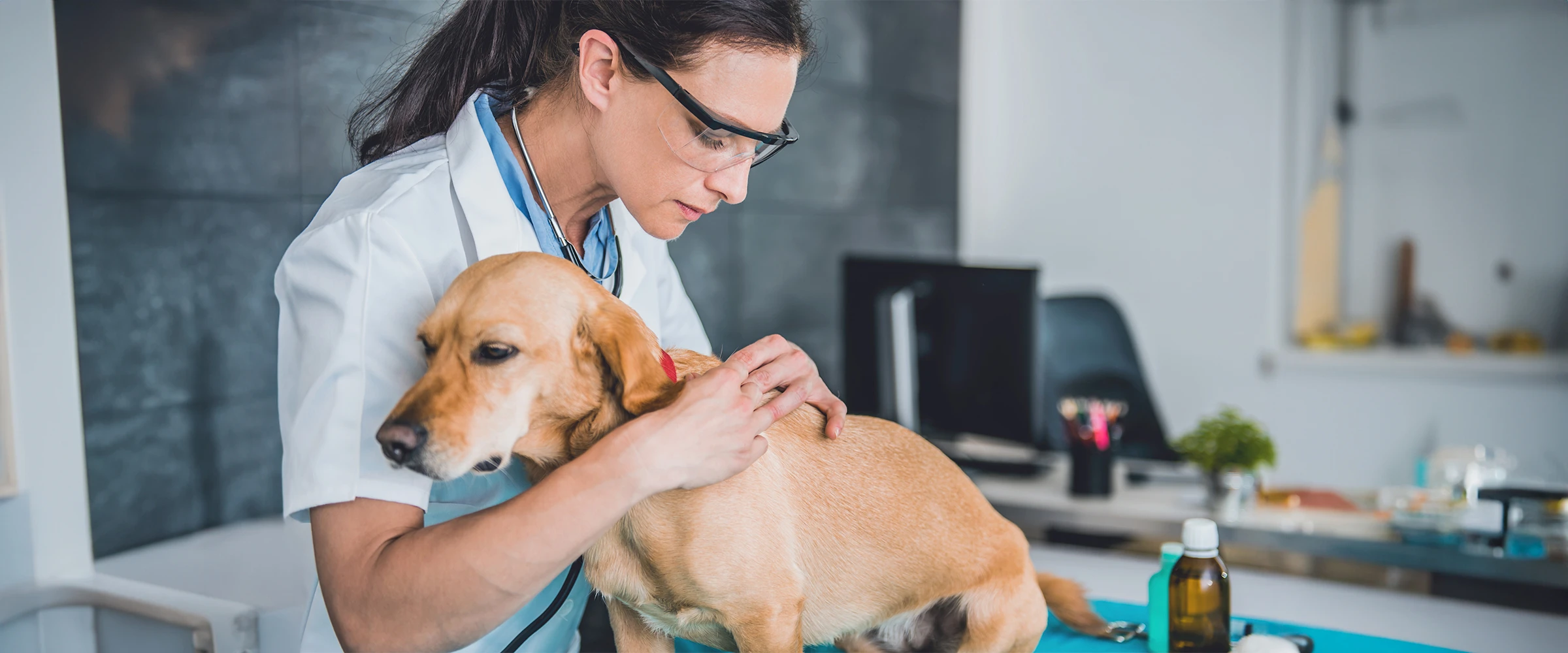About Us
ACVD Diplomates

Beginning with only 13 charter members, the ACVD has grown to a college of over 400 diplomates across 12 countries. To become a certified specialist, doctors must complete an ACVD approved residency program. They must also complete and present original research in the field of veterinary dermatology and pass additional case report requirements. Candidates must successfully pass the certifying examination. Once they are a Board Certified Veterinary Dermatologist®, they maintain their standing with continuing education, and by following our ethics code. Members that become a Board Certified Veterinary Dermatologist® complete at least an additional 3-4 years of dermatology specific training beyond veterinary school before becoming board-certified.
What is a Diplomate?
Diplomate vs Diplomat
A diplomate is a holder of degree, i.e., diploma. In regards to veterinary dermatology, it is one who has become board certified. A diplomat is an official representing a country abroad.
A veterinary dermatologist is a veterinarian with additional training and expertise in the diagnosis and management of animal skin, ear, hair, nail, hoof, and feather disorders. They have significant training and experience in the treatment of skin diseases as well as in internal medicine, immunology and allergy.
When should my pet be treated by a dermatology specialist?
The decision to bring your pet to a veterinary dermatologist can be yours alone but more commonly occurs after a discussion with your primary veterinarian in response to a change in your pet’s health.
If your pet is experiencing symptoms like:
- Hair loss, scabs or dandruff
- Change in the skin or coat’s color or texture
- Bad odor from the pet’s skin or ears
Or if your pet has a change in behavior including:
- Constantly licking, chewing, biting, scratching their body/ears/feet.
- Lots of head shaking
Your primary veterinarian may suggest a referral if dermatologic issues are not improving despite treatment efforts, if your pet has a difficult case to diagnose and/or treat, or for uncommon procedures or ones requiring specialty equipment.
